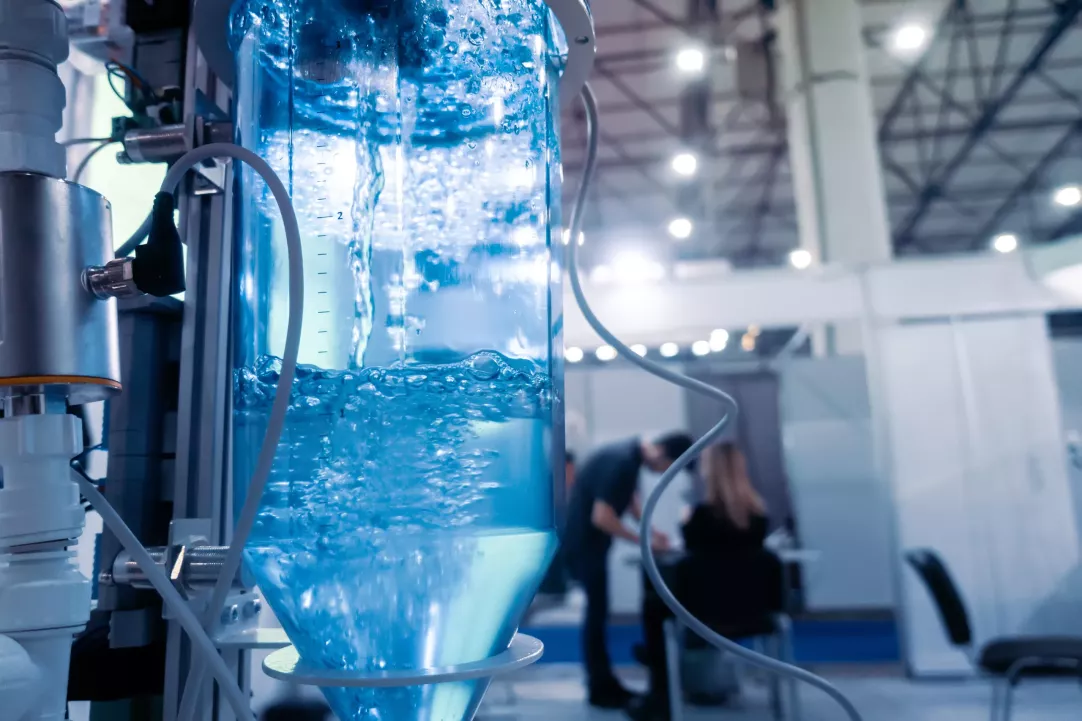Coagulants are chemicals used in water treatment processes to facilitate the removal of suspended particles and contaminants from water. They work by destabilizing the particles and causing them to aggregate, forming larger flocs that can be easily separated from the water. Coagulants can be inorganic or organic compounds, and common examples include aluminum sulfate (alum), ferric chloride, and polyaluminum chloride (PAC). These chemicals are typically added to water during the coagulation process, where they neutralize charges on particles, promoting their collision and subsequent aggregation. Coagulants play a crucial role in water treatment by enhancing the efficiency of subsequent filtration and sedimentation steps, leading to clearer and cleaner water.
Coagulants Uses in Water Treatment
Coagulants neutralize the charges on these particles, allowing them to come together and form larger, settleable flocs. This aids in the subsequent processes of sedimentation and filtration, enhancing the removal of impurities. Coagulants are particularly effective in treating turbid waters, reducing the concentration of pollutants, improving water clarity, and preventing the fouling of filters. Their applications extend to various sectors, including municipal water treatment, industrial processes, and wastewater treatment, ensuring the production of clean and safe water supplies. Order coagulants from Water Solutions Unlimited.

